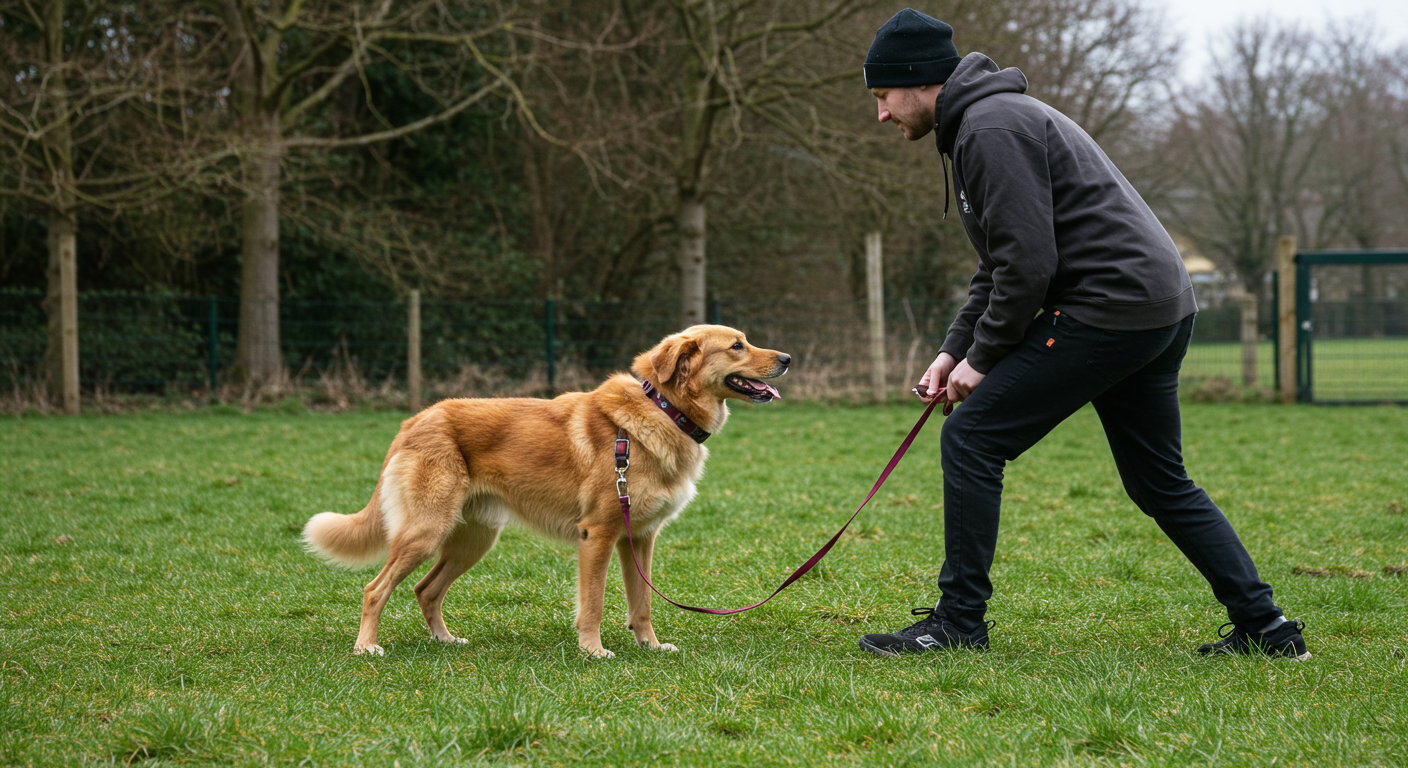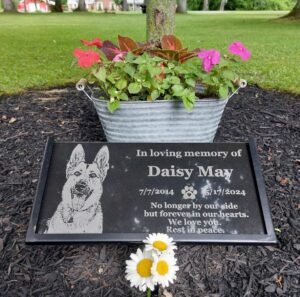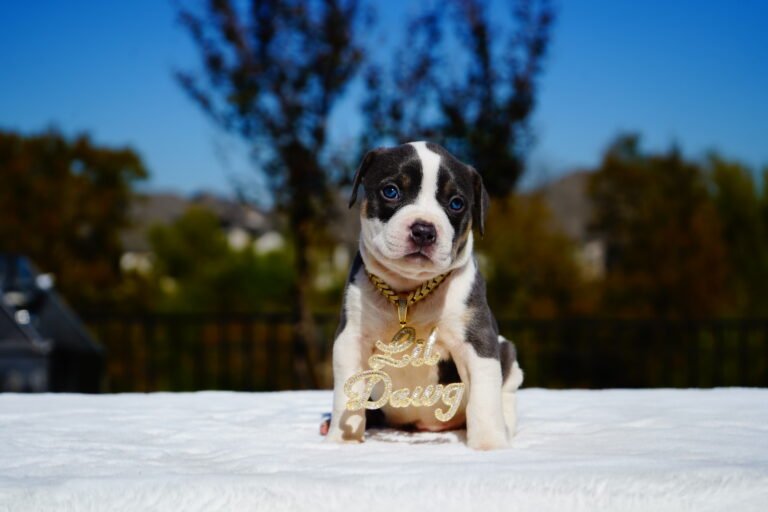It’s a familiar scene for many: you’re at James Island County Park, and you call your dog. They glance in your direction, then promptly trot away to sniff a particularly interesting patch of grass. Or perhaps you’re trying to get their attention at home, only to be met with a blank stare.
This perceived “ignoring” isn’t a personal vendetta—it’s a communication breakdown. The good news is that it’s almost always fixable by understanding a few key missteps. The team at Activate Canine Dog Training, a leading provider of Charleston dog training, has found that correcting these three common mistakes can dramatically improve your dog’s responsiveness and strengthen your bond.
Mistake #1: Competing with a More Exciting Environment
In your quiet living room, you are the most interesting thing in your dog’s world. But the moment you step outside, you’re competing with a symphony of smells, sights, and sounds. The salty Lowcountry air, other dogs, and scurrying squirrels are all inherently more stimulating than your voice.
- The Science Behind It: A dog’s primary sense is smell, and their drive to explore is a powerful, natural instinct. When you ask them to “come” away from the exciting scent of pluff mud, you’re asking them to choose you over a deeply ingrained desire.
- The Lowcountry Fix: Stop trying to practice recalls in the most distracting environments first. Build a foundation of success by practicing in your backyard, then on a quiet sidewalk in your neighborhood, and gradually work up to busier places like Hampton Park. Always arm yourself with high-value treats—something special like small bits of boiled chicken or fish that can effectively compete with the environmental distractions.
Mistake #2: Your Cue Has Become “Background Noise”
If you repeatedly say “come, come, come, Fido, come here, come!” without a consistent and rewarding outcome, the word loses its meaning. It becomes meaningless background noise, much like a forgotten song playing on the radio. This often leads to nagging and frustration, which your dog can sense, making them less likely to want to engage with you.
- The Science Behind It: Dogs learn through clear, consistent associations. If a command does not predictably lead to a positive result, it extinguishes the behavior. Each time you give a command you cannot reinforce, you weaken its value.
- The Lowcountry Fix: Say your cue once. If your dog doesn’t respond, avoid repeating it. Instead, gently guide them into the position or get their attention another way (like a light clap or kissy noise), then reward them. This preserves the power of the verbal cue. Make a game out of it inside your Charleston single-house; call them from one room to another for a party of praise and a tasty treat every single time.
Mistake #3: You’re the Source of “Bad News”
Be honest with yourself: is the only time you firmly call your dog over to end their fun? To leave the dog park, to get a bath, or to go inside after a fun play session? If your presence often signals the end of something good, is it any wonder they might be hesitant to come running?
- The Science Behind It: This is a classic case of classical conditioning. If “come” consistently predicts the end of fun, it becomes a punishment, not a reward. Your dog isn’t being stubborn; they are simply making a logical choice to avoid a negative outcome.
- The Lowcountry Fix: Become the bearer of good news! Practice “check-ins” during fun activities. Call your dog during a play session, give them a fantastic treat or a quick game of tug, and then release them to go play again. This teaches them that responding to you doesn’t always mean the fun is over. It simply means a momentary, rewarding pause.
Your Partner in Better Communication
Correcting these common mistakes requires patience and a conscious shift in strategy, but the result—a dog that eagerly checks in with you—is well worth the effort. If you’ve been working on these changes and still feel like you’re not speaking the same language, know that professional guidance can provide the clarity and custom plan you need.
For dog owners in Charleston looking to build a truly reliable and joyful partnership with their pet, consider reaching out to the compassionate experts at Activate Canine Dog Training for a personalized consultation.



















